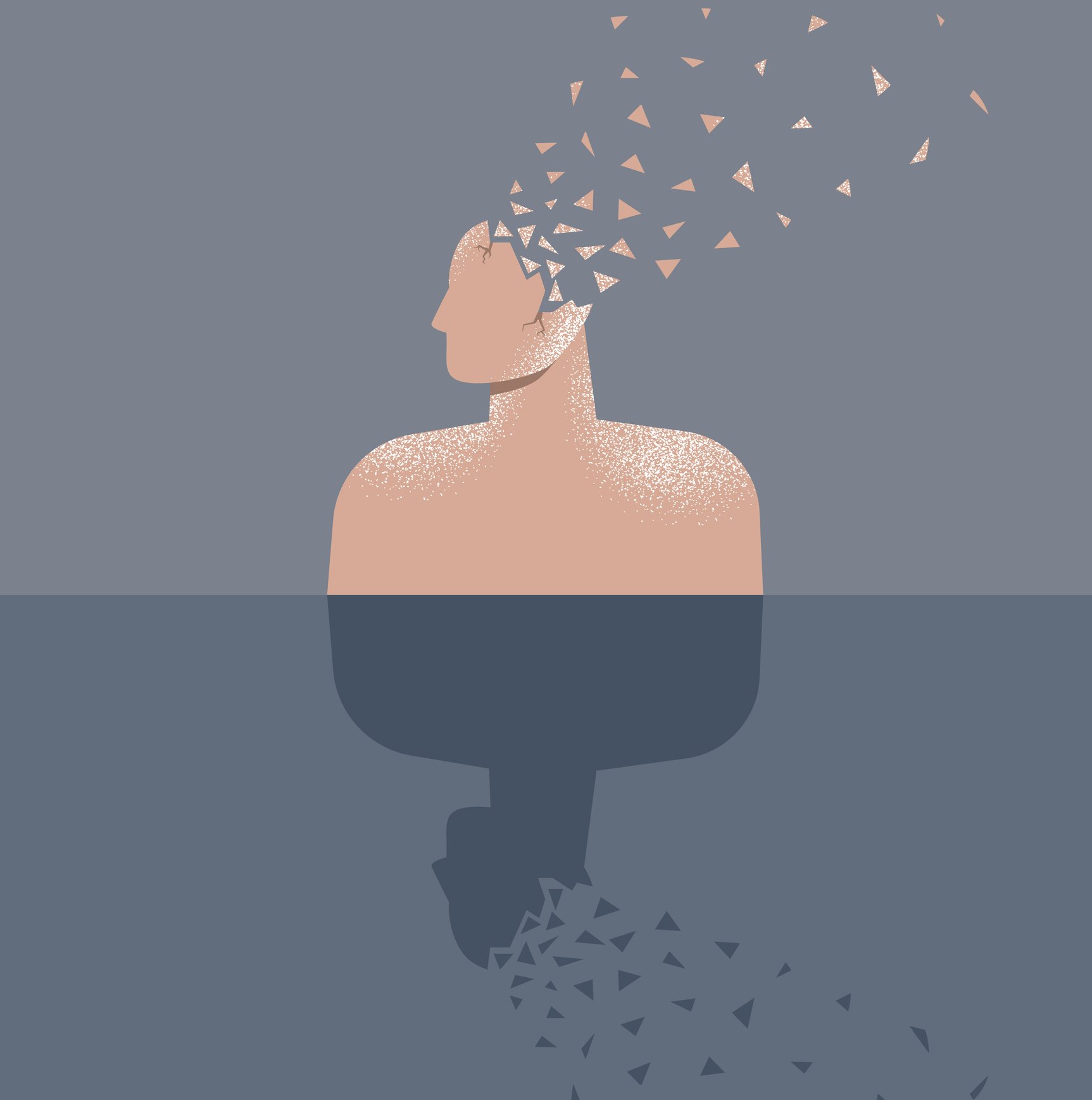It's very hard to receive a diagnosis of Alzheimer's or dementia from a close relative. Of course, it's also very hard to receive it for yourself. And usually, at the moment we receive it, we are far from anticipating how overwhelming the whole experience will be. For you and your family.
Most healthcare organizations have no idea how challenging this experience can be for those coming into contact with this type of illness for the first time. They don't, or they've become so desensitized that everyone is just another person. However, putting the onus of responsibility on "organizations" is not effective, because organizations are for many an abstraction. The truth is that the experience that organizations provide to those who receive a diagnosis of this kind emanates from the people we come into contact with at that stage. And that experience is often one of enormous disinterest in the perplexity and pain of those receiving the diagnosis.
A healthcare organization is the people who work in it - the people and the processes they carry out. So when I talk about organizations and the institutional lack of interest in the diagnosis that turns our lives upside down, I'm talking about doctors, nurses, social workers and administrative staff. And managers. Without excusing everyone else, I'm highlighting "managers" and the role they often don't play in alleviating these experiences for those who suffer them. Managers have the power to change the experience of people who have just been diagnosed with dementia for themselves or their families. They have the power to change processes and the power to give the necessary training to the people who deal directly with those diagnosed and their families.
"when I talk about organizations and the institutional lack of interest in the diagnosis that turns our lives upside down, I'm talking about doctors, nurses, social workers and administrative staff. And managers. Without excusing everyone else, I'm highlighting "managers" and the role they often don't play in alleviating these experiences for those who suffer them."
You can train them to serve better. And that includes giving them vital information that they will then pass on to those diagnosed and their families. Often, when you receive a diagnosis of dementia from a family member, you haven't had a similar experience before. If that's the case, we lack everything. Information about everything. And this information should be given to us.
By social workers when we leave the unit with the diagnosis, for example on discharge from a hospital stay where dementia is eventually diagnosed. By the doctors and nurses we meet during a consultation or in an emergency room. And why not the administrative services, which are often less welcoming and helpful than a cashier in a supermarket.
What kind of answers should organizations be prepared to give - and who in the organization will have the obligation to give them?
For example:
- What kind of dementia will it be and what can we expect from its evolution?
- What kind of needs might the diagnosed person have?
- What can we do to encourage them to develop their full potential?
- What equipment / furniture / so-called technical aids will we need? Where can we find them?
- What care aids will we need? Where can we find them?
Who will be able to provide this information in healthcare facilities?
I could go further: who will tell the relatives of the diagnosed person that the road will be difficult but that they must fight every day for the dignity of the sick person? And that this focus will be the source of energy to continue caring, even when it no longer seems to make sense?
"who will tell the relatives of the diagnosed person that the road will be difficult but that they must fight every day for the dignity of the sick person?"
Patients' associations, in the case of some diseases, are a good source of help and information. In the specific case of dementias and Alzheimer's, the Alzheimer's Association Portugal is a potential source of help and information. For example, it offers manuals with stimulation exercises (in Portuguese), or access to a PSP (national Police) program for identifying disoriented people on the street. The Santa Casa da Misericórdia de Lisboa recently launched a small, simple and free guide that covers various topics in a very practical way (it's free, just register). You can buy other books in Portuguese and English. Explore websites in other languages such as English. Examples include https://www.alz.org/ and https://www.alzheimers.org.uk/.
Companies (and other organizations) that have employees who are informal carers (often the secondary carers of parents with dementia) should be able to support their employees with information or even training on the subject. Patients' associations could provide services of this kind.
The challenge remains, if you are in a position to make a difference in this context. To start by implementing processes that ensure that the necessary information arrives when it is useful. Because one day, you may be on the other side - of those who need it.



